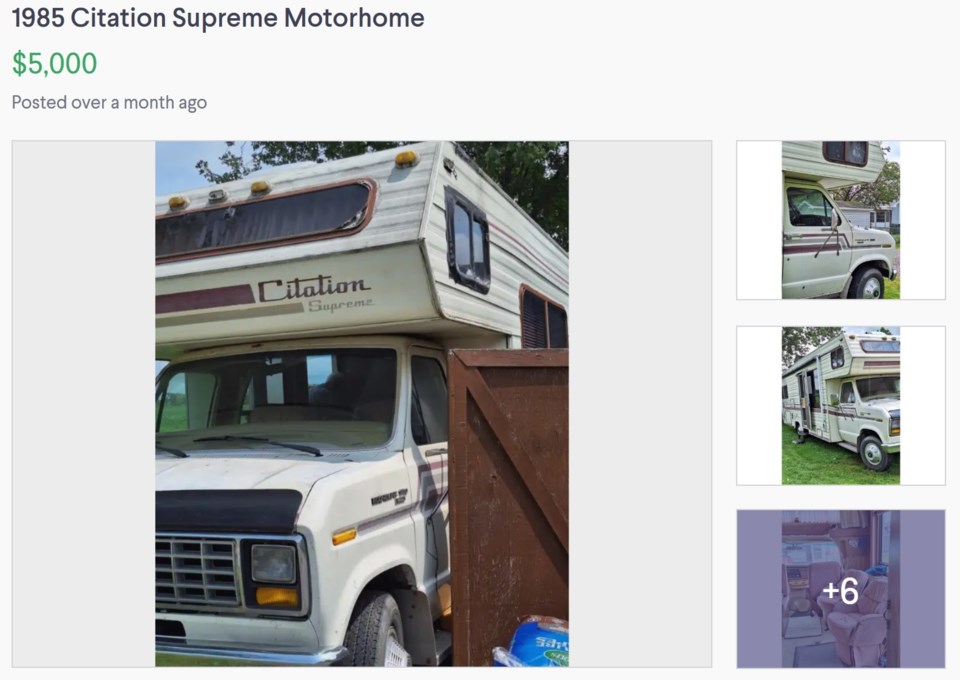There’s something comforting about the idea of tiny homes, isn’t there? They tap into this shared guilt that we all have too much space, too much stuff. Imagining ourselves living simply in a tiny home is almost therapeutic—a fantasy of minimalist living that makes us feel better about a problem we’re not actually solving. But when it comes to emergency housing, do we really think it’s a solution? Or are we just making ourselves feel good while people continue to live in tents?
Take Rainbow Park. Right now, people are camping out in makeshift shelters, and this city is watching it happen while congratulating itself for debating solutions like tiny homes. Tiny homes require navigating a labyrinth of zoning laws, building codes, and committee approvals—a process so tangled that by the time anything happens, we’ll be years out from actually housing anyone. It’s not about doing the “hard” work. It’s about avoiding the problem altogether while everyone spends their time spinning in a dialogical circus of ideas.
And why isn’t there action? Bill Dennis is busy trying to convince everyone that the homelessness we see isn’t “true” homelessness while simultaneously working to get legal support for dismantling people’s homes and leaving them out in the cold. And Mayor Mike Bradley? He’s too occupied writing yet another letter to upper levels of government. This is his usual move—writing long letters so he can tell us he’s doing something while they gather dust on some bureaucrat’s bookshelf.
Meanwhile, here’s a real solution: I can go on Kijiji right now and find a handful of RV trailers for $5,000 each. The city could start buying them today. Set them up on a designated site, approve their use, and make sure they have access to running water and weekly sanitation services. Done. Problem solved? Not entirely, but at least people would have a safe, decent place to sleep at night. It’s simple, actionable, and right in front of us.
Tent trailers and RVs are literal tiny homes—just with wheels—and they’re for sale every single day. Why aren’t we using our money to buy those instead of wasting it on lighting up, fencing off, and watching people camp in their own tents? You already know the answer. It’s actually too nice of an idea. It’s giving these people too much dignity too quickly. It might just give people such a decent place to live that they’ll never start to contribute to society in the way we want them to. Right?
But instead, we’ll keep spinning our wheels. We’ll watch people huddle in tents while the city debates what “livable” means in the context of tiny homes, and nothing will change. This isn’t about logistics or complexity; it’s about the lack of political will to actually solve the problem. Tiny homes make for great talking points, but they won’t house the people camping in Rainbow Park anytime soon. And until we stop pretending that endless debates and red tape are solutions, the crisis will remain right where it is: unsolved.
This article was created with support from advanced editorial tools and reviewed by our team to ensure accuracy and fairness. [Learn More]
